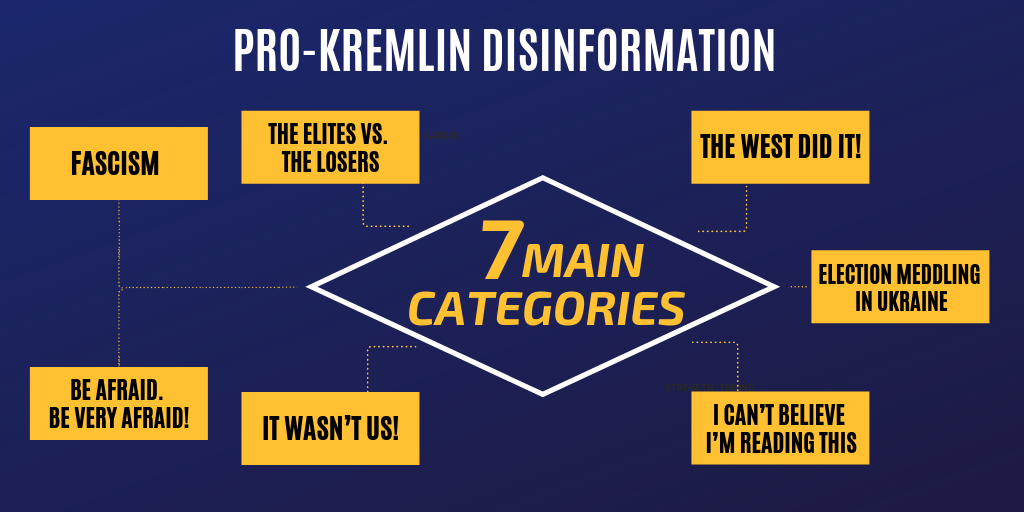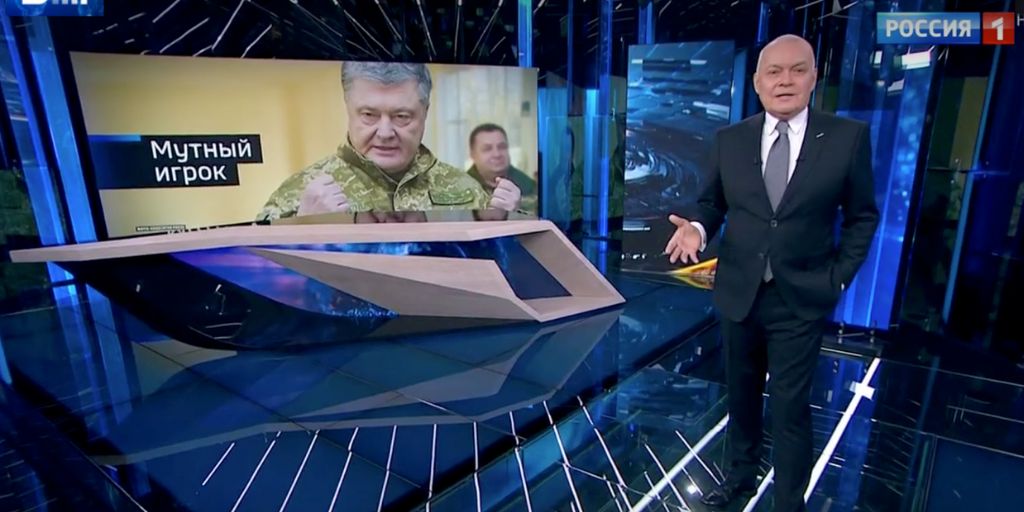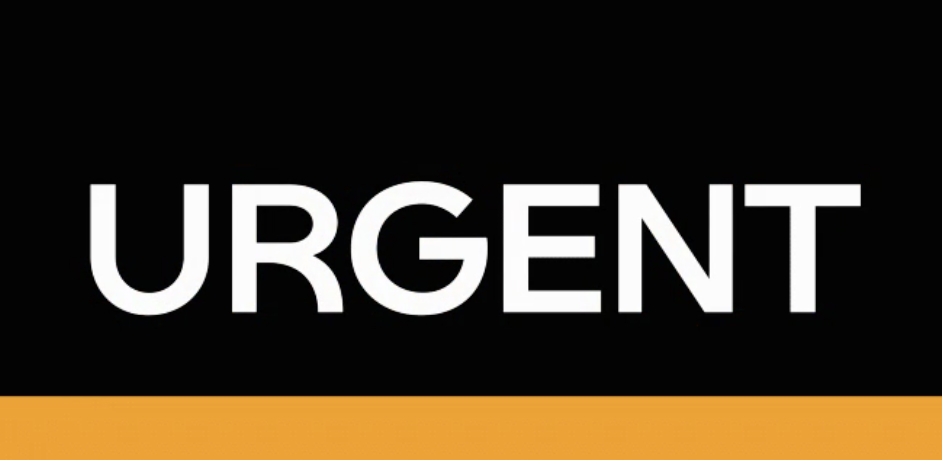The Elites vs. the Losers
The narratives in this category seek to instill an inferiority complex in the reader, both on a personal and national level, and to drum up opposition to the political establishment. One case, for example, suggests that voting in the European Parliament elections simply gives a few politicians the opportunity for a cushy life in Brussels, but brings no benefits to average Latvians. This is a popular narrative around election time, used by pro-Kremlin actors to discourage voter turnout and to increase the prospects of populist, anti-establishment parties.
Fascism
Ah, fascism – one of the Kremlin’s go-to refrains for delegitimizing anyone or anything it doesn’t like. Europe is fencing itself off from Russia with a wall of fascism, hate, and Russophobia! In Latvia, Nazis are in power, so there’s no point in voting! More than seventy years after the end of World War II, you might think that Russia has moved beyond such outdated tropes. But that would be asking too much.
Be afraid. Be very afraid!
Like accusations of fascism, fearmongering is another favored pro-Kremlin narrative strategy. This week, the pro-Kremlin media cited a US report to argue that the conflict between Russia and NATO is likely to lead to a military conflict in the Baltic Sea. Conveniently, the article failed to mention the report’s actual conclusion – that “a major conflict between NATO and Russia remains unlikely”.
Stoking fear and perceptions of insecurity is a particularly common tactic when it comes to Ukraine – currently the Kremlin’s chief obsession. Apparently, ahead of the second round of the Ukrainian presidential election, Poroshenko is planning to organize new provocations in Donbas. As the EUvsDisinfo database has tracked, disinformation about Ukraine’s alleged aggression and agitation has been at the core of the Kremlin’s narrative strategy from the moment Russia initiated its war against Ukraine. But at the same time, glaring inconsistencies remain – after all, how is it possible that a failing country with a military verging on collapse could pose a real security threat to Russia?! The Kremlin can’t have it both ways, no matter how desperately it wants to.
It wasn’t us!
Deflection is another popular pro-Kremlin disinfo tactic. It includes well-known hits like “Kyiv downed MH17, not Russia!“, because Ukraine failed to close its airspace over the rebel-held areas of Donbas. In fact, the BUK missile system responsible for the tragedy originated in a Russian army unit and was taken back to Russia afterward. Other hoax stories deflecting blame from Russia claim that the West is responsible for warlike provocations in the Black Sea and that the Ukrainian government is responsible for the war with Russia, not the other way around.
This category also includes great examples of obfuscation: for example, that it’s not clear who shot a protesting crowd in Lithuania in 1991, but it was probably the Lithuanians themselves, or a third party. This narrative likely stems from a recent court decision in Lithuania which found that the former Soviet defense minister and 60 officers were responsible for this crime.
“It wasn’t us!” also comes up regarding Russian meddling in the French elections. Yet again, according to pro-Kremlin media, there is no evidence that Russia was involved, and thus confusion persists. In reality, investigations by The Insider and Mediapart.fr established that GRU-linked hackers stole the emails from Emmanuel Macron’s campaign team and that later, pro-Kremlin media spread the news about the leaks.
The West did it!
Related to the category above, “The West did it!” is all about Russia’s favourite scapegoat. You’ve heard it before: it’s the West, not Russia, which meddles in other countries and is constantly trying to destabilise them – just look at Belarus, Ukraine, Maidan, and Venezuela. And don’t forget the role of NATO!
Election meddling in Ukraine
This week, we saw ten stories about alleged election meddling in Ukraine, including: organised falsifications, voting at gunpoint, Donbas residents being refused the right to vote, campaigning with dirty money, and electoral fraud. What’s the overarching theme? That Ukraine is a failed state and the elections are illegitimate. Cui bono? The Kremlin. As usual.
I can’t believe I’m reading this
And finally, the most entertaining specimen of the lot! We’re told that Brazil will gain NATO membership so the US can use it as a springboard for military intervention in Venezuela. Fact-check: the pro-Kremlin media neglected to mention that Brazil’s NATO membership would require all NATO members to agree to amend Article 10 of the alliance’s 1949 founding treaty, which states that only European countries can join, besides Canada and the United States. The prospect of Brazilian membership? Beyond unlikely.
And then there are the standard eyeroll-inducing fairytales: that Russia’s aggression against Ukraine is a myth, that there was no “invasion” of Crimea, and that Crimea, in fact, rejoined Russia after a "legally valid referendum."
Read also:
- Week’s disinformation: NATO maneuvers “killed a child,” Ukraine to run “provocations” amid World Cup
- Week’s top Russian disinformation keywords: Genocide, Nazis, and the World Cup
- NATO sprays poison over Poland, ‘civil war’ in Ukraine and other Russian disinformation of the week
- Revisionism, misinterpreted facts, video game image as evidence – this week’s pro-Kremlin tactics
- The main disinformation target of the last week: Ukraine’s proposal for the peacekeeping mission
- Defensive disinformation: Moscow tries to frame the Salisbury attack as a comedy
- Disinformation Review: And the Oscar for fact-editing goes to…
- 1001 pro-Kremlin disinformation messages: Ukraine remains top target
- 2018 Russian disinformation in figures: Ukraine-related narratives and Western pushback







